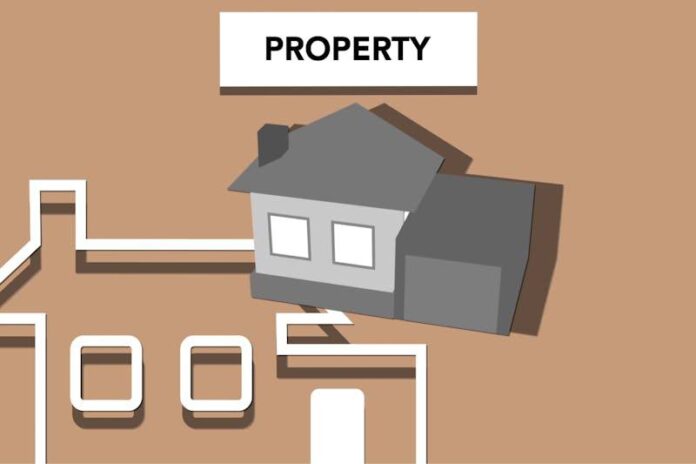
In the journey of buying or selling property, the role of a conveyancer is pivotal. These legal professionals navigate the intricate legal terrain of property transactions, ensuring a smooth, secure, and lawful transfer of property ownership.
Their expertise in property law, attention to detail, and procedural know-how make them an indispensable part of the real estate sector.
Let’s delve deeper into what a conveyancer does, highlighting the vital role they play in home and land conveyancing.
What is Conveyancing?
Conveyancing refers to the legal procedure of transferring ownership of a property from one individual or entity to another. It involves various steps, including drafting and reviewing contracts, conducting property searches, liaising with banks, and, finally, the settlement process.
This legal procedure ensures that the buyer legally acquires the title to the land or home, free from any liabilities or restrictions that could impede their use and enjoyment of the property.
The Conveyancer’s Role
For Buyers
For those looking to purchase a property, a conveyancer will:
- Conduct Searches: They perform thorough searches to identify any issues that might affect the property, such as land disputes, local council regulations, or future developments.
- Review Contracts: They scrutinise the sale contract, ensuring it’s fair and doesn’t include any adverse terms or hidden clauses.
- Manage Finances: Conveyancers liaise with financial institutions regarding mortgage arrangements and ensure that funds are in place for the purchase.
- Settlement: They coordinate the settlement process, ensuring all legal documents are correctly signed, exchanged, and that the property is legally transferred to the buyer.
For Sellers
For those selling a property, a conveyancer assists by:
- Preparing the Contract of Sale: They draft a legally binding contract that outlines the terms of the sale, including any special conditions.
- Legal Advice: They provide legal advice on the implications of the sale, including tax considerations and how to deal with any outstanding mortgages or liens on the property.
- Representing the Seller: They communicate with the buyer’s conveyancer to negotiate terms and ensure a smooth process to settlement.
Why Engage a Conveyancer?
- Expert Guidance: Conveyancing laws and regulations are complex and vary by jurisdiction. A conveyancer’s expertise ensures compliance with all legal requirements, mitigating risks associated with property transactions.
- Stress Reduction: Buying or selling property is often stressful. A conveyancer handles the legalities, allowing you to focus on the other aspects of moving or selling your home.
- Time-Saving: The conveyancing process involves numerous tasks that can be time-consuming for someone not familiar with the process. A conveyancer streamlines these tasks, making the process more efficient.
- Risk Mitigation: Mistakes in the conveyancing process can be costly. Conveyancers ensure that all documentation is accurate and that you are fully informed about your rights and obligations.
- Negotiation and Representation: In addition to handling the legal aspects, conveyancers also provide valuable support in negotiating terms and conditions with the other party’s conveyancer. They represent your interests during these negotiations, ensuring that the terms of the sale or purchase are fair and favourable to you.
- Post-Transaction Support: Even after the transaction is completed, conveyancers continue to provide support by addressing any post-settlement issues that may arise. This ongoing assistance adds an extra layer of security and ensures a smooth transition into property ownership.
- Avoiding Legal Troubles: Engaging a conveyancer reduces the risk of encountering legal troubles during and after the property transaction. Conveyancers thoroughly understand property laws and regulations, allowing them to identify and address potential legal issues proactively. This proactive approach helps prevent disputes, legal challenges, and financial liabilities that could arise from overlooking crucial legal details.
- Conducting Property Searches: Conveyancers are crucial in conducting comprehensive property searches as part of the conveyancing process. These searches involve examining various aspects of the property, such as title deeds, planning permissions, environmental concerns, and any existing legal issues. By conducting thorough property searches, conveyancers ensure that buyers clearly understand the property’s history, potential risks, and any restrictions that may affect its use or value.
For those embarking on the journey of buying or selling property, engaging with a professional for home and land conveyancing is not just a wise decision; it’s essential.
Conveyancers provide peace of mind by ensuring that your property transaction is in safe hands, allowing you to look forward to the next chapter in your home or land ownership journey with confidence and assurance.

